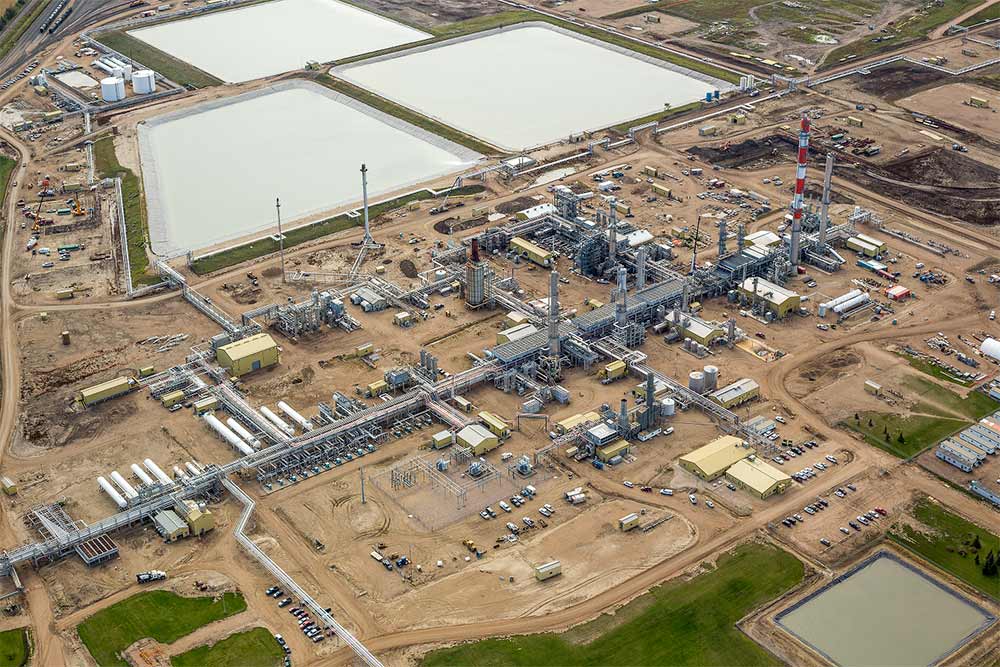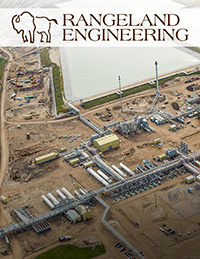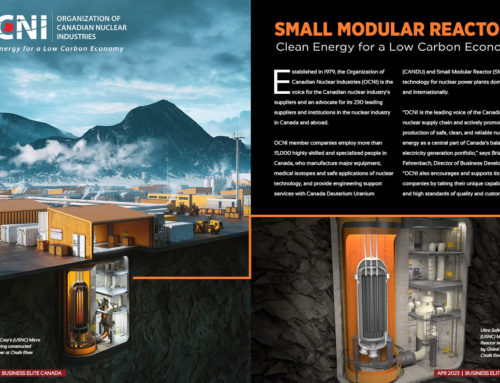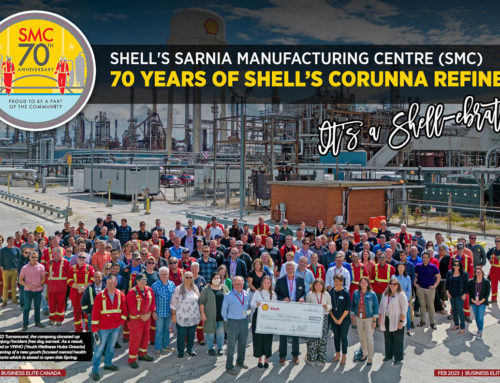Leaders in the midstream oil and gas market
By Rajitha Sivakumaran
With the current state of Alberta’s economy and oil prices, Rangeland Engineering like many companies in this sector has been impacted since it specializes in oil and gas. However, the Calgary-based full-service engineering, procurement and construction management company has done better than simply stay afloat during this critical economic period; Rangeland was recognized as one of Canada’s Best Managed Companies last year. So what accounts for this success?
Ron Daye, Rangeland’s president and CEO, points to the company’s ability to provide niche services with specialization in natural gas and liquids, rail transport of hydrocarbon liquids and salt cavern storage facilities. “We’re ahead of our competition in those three areas,” Daye said. Although Daye admits that competition has increased due to reduced work availability, Rangeland caters primarily to midstream companies and rail transport companies, a sub-sector of oil and gas that has remained relatively active.
Since being founded in 2001, the company has experienced steady growth. This was due to Daye’s pre-established connections in the industry; he had worked in the oil and gas industry for 17 years in addition to the consulting business he started in 1990. Essentially, when the company began, it started with only Daye himself. The lone entrepreneur was soon surrounded by a small core of people and the company’s growth climbed steadily and progressively for 11 years. In 2012, however, Rangeland’s expansion reached a vertical steepness by taking on what Daye termed landmark projects and consequently, the number of people who worked at Rangeland doubled to 250 employees.
“We’re a strongly people-orientated group… We have a good, close network of people who are loyal to Rangeland. We work well together,” Daye said.
Although the industry sits in a survival mode business environment, Rangeland has experienced these cycles a number of times before. In Daye’s experience, the current situation is not very different from the oil crash of 2008. Instead, Daye said that the toughest part of his job is people; 90 per cent of the company’s success is based on relationships established with people in the industry.
“The real challenge of people comes into play when things are changing. The economic environment is changing. With growth, we’re faced with changing systems and the way we execute work. We’re constantly being challenged on how to do things differently,” Daye said.
From salt caverns to gas plants
One of Rangeland’s specialties is salt caverns — structures used to store natural gas, natural gas liquids or crude oil. Each cavern can hold 300,000 to 800,000 barrels and the technology involved is forever evolving. For its client’s Salt Cavern Program, Rangeland designed a chain of connected salt caverns. Having completed work on 25 salt caverns over the past few years, Daye said, “We probably do more cavern work in Western Canada than any of our competitors.”
Ethylene is a technically challenging product that can be dangerous if handled with improper care and Rangelanders have been involved in a number of ethylene-related projects, like the Redwater Ethylene Injection Site. This project entailed the use of technology for compressing and treating the substance for storage in salt caverns. Rangeland was one of the few companies in Alberta to have worked on this technology in the past 20 years.
Rangeland was also involved with the Strachan gas plant, another major facility, which is home to a number of services like sulphur recovery and storage. Last fall, Rangeland worked on the Strathcona Rail Terminal project in Edmonton, which is one of North America’s biggest crude oil loading sites. There are safety concerns about transporting crude by rail, Daye said. Due to a possibility that flammable substances can be introduced to the cars, Rangeland carried out some research at the University of Calgary, producing several papers for the industry. Although the company doesn’t often pursue research, it has a close working relationship with the chemical engineering department at the university.
Although the company has enjoyed long-term business relationships with major energy industry giants, Daye said, “Rangeland has made its name and its growth primarily on what I would call smaller projects involving upgrade and modifications to existing facilities, which is largely where the market is moving today.”
The market is also moving towards adopting a new term — construction-driven engineering. Daye described this as a dialogue between construction and engineering at the onset of a project rather than near the end. This collaboration compliments the current state of the markets well — procedures become more efficient and cost-effective, and result in better scheduling. Rangeland is using this approach for projects both north and south of the border.
Diversification for the future
Although already specializing in a number of niche markets, like natural gas processing, fractionation facilities, oil and gas processing, and salt caverns, Rangeland is diversifying its service line as well as increasing the number of industries it serves.
“We have the skill set to expand into other industries,” Daye said.
Presently, Alberta is trying to find ways to market liquid propane and Rangeland is aiding this by venturing into projects that convert propane to polypropylene. Future plans also include the incorporation of on-site construction inspection services and cost estimation and control. “As clients become more sensitive to cost, we’re offering cost management from engineering through to start-up,” Daye said.
A trend that Daye has observed in Alberta is the increased competitiveness at the commercial level. As a result, Rangeland is addressing its internal methodologies and processes to come up with more efficient and optimized ways of delivering its products. Streamlining will allow Rangeland to reduce costs for their clients. The company is also busy marketing. “You have to turn around and market hard and beat the other guy to the mark on any of the project work that is out there,” Daye said.
Furthermore, with work opportunities being reduced in Alberta, Rangeland is very actively pursuing clients in the U.S., Mexico and West Africa — something the company would not have been doing three years ago.
“We were so busy here that work came to us unsolicited. It’s a whole different world today, but we are adapting,” Daye said.
www.rangelandeng.com







